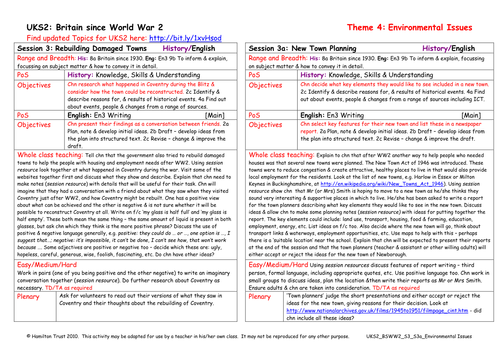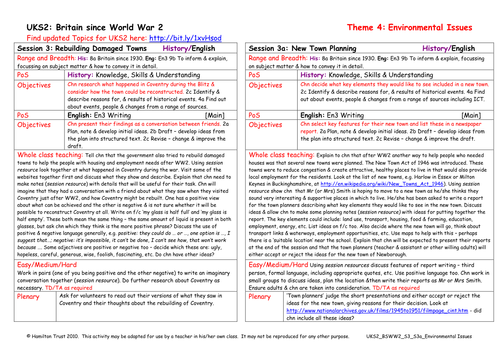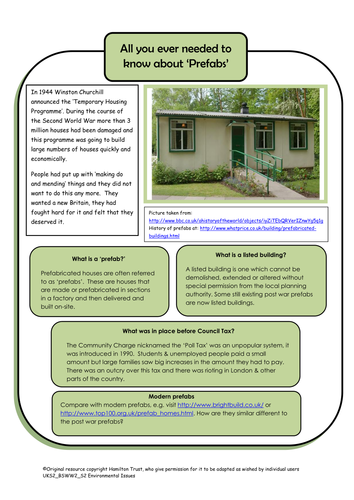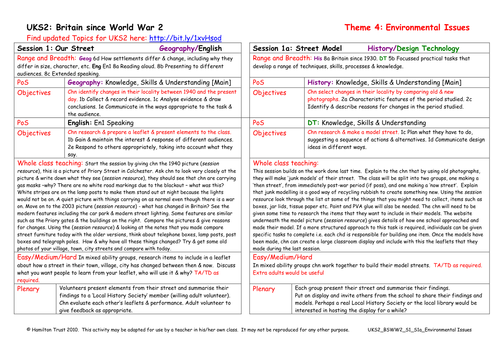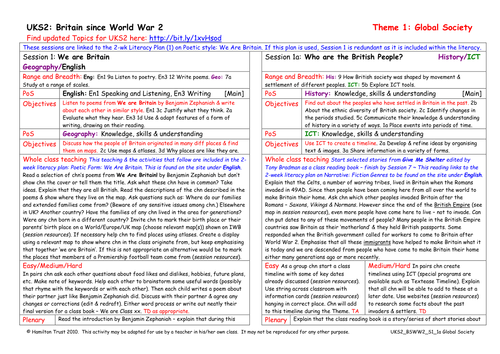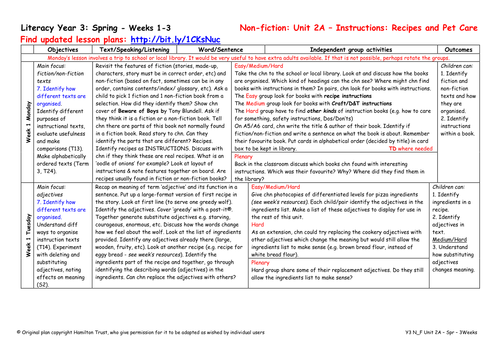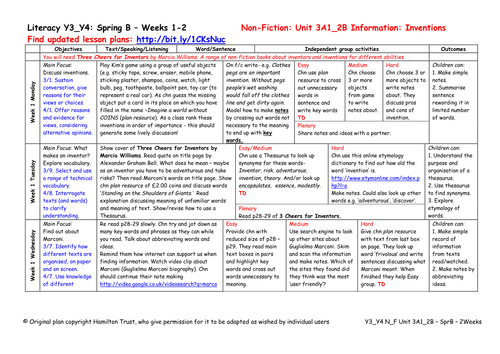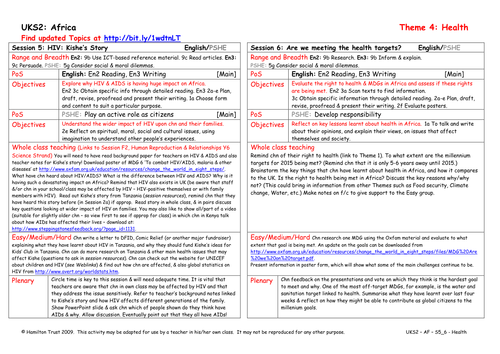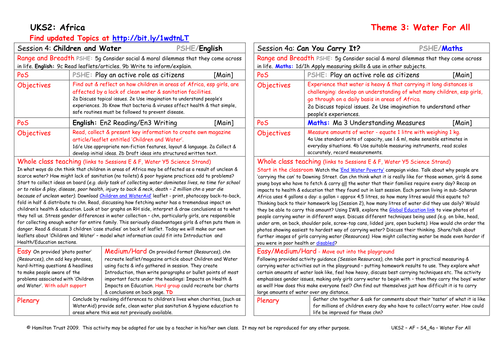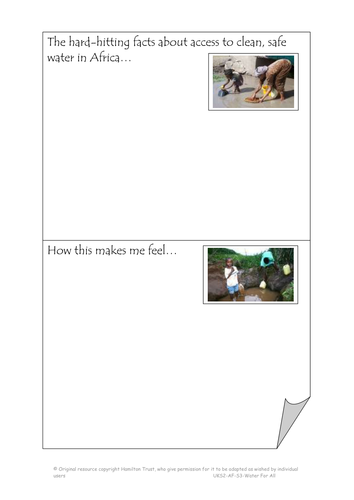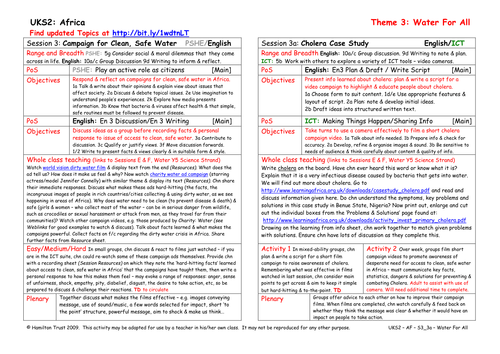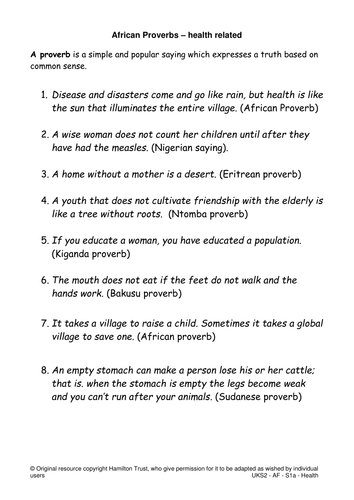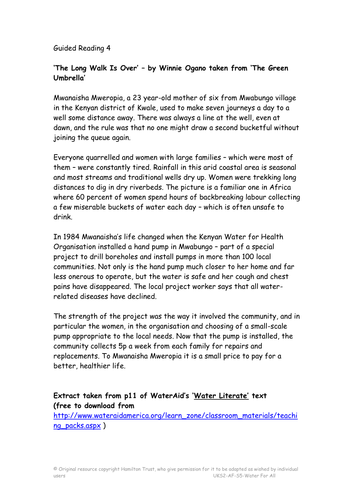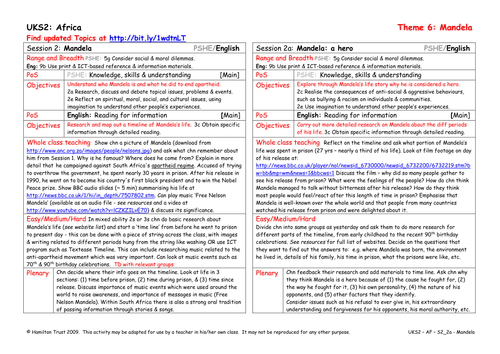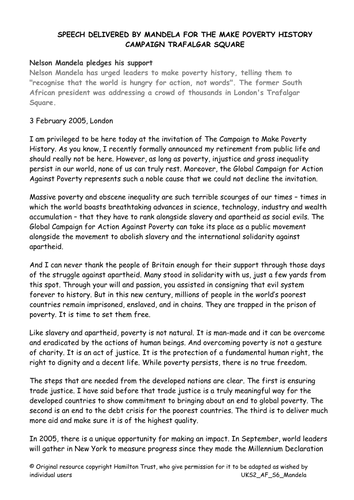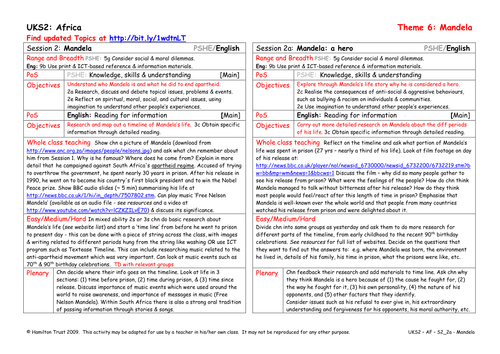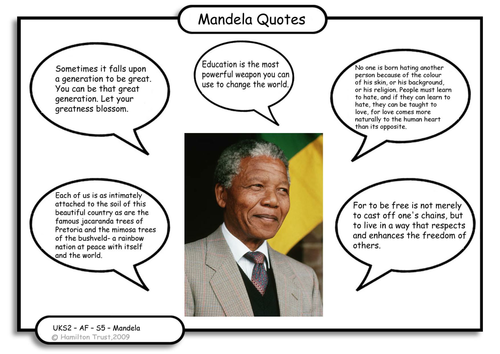
397Uploads
10045k+Views
11646k+Downloads
English

New Town Planning
Find out about the New Towns that were planned to help with housing shortages. Look at some examples. Children identify the key elements that they would like included in a new town, and then write a report for a new town planning committee.

Rebuilding Damaged Towns
After WW2 many towns that were badly damaged in the bombing needed to be re-built. Children research what happened in Coventry and consider what could be done to help re-build and re-construct the area. Present their findings as a conversation between friends.

Prefabs
Children understand that millions of houses were destroyed during WW2 and they needed to be replaced. Houses were designed that were pre-fabricated. They were quick to build; thousands were put up in the 1940s/1950s. Children choose key info needed to sell a prefab.

Our Street
Children look at streets around the school, houses, shops and street furniture. Compare today with the 1940s. Use old photos of home town/village or city as resources. Children produce a leaflet showing how their street has changed between then and now.

We Are Britain KS2
Read some poems from We are Britain by Benjamin Zephaniah and ask what these children have in common. Discover where in the world children in the class came from originally – locally, elsewhere in Britain, another country? Write poetry about each other in BZ style.

Yr 1 Poetry Unit 3B Weather poems
A range of poetry structures is identified through examples of poetry written on the theme of weather. Children consider the effect of patterned language, imagery and rhyme. They write and perform their own weather poems.

Yr 3 NF Unit 2A Instructions : Recipes and Pet Care
Use recipes in Beware of Boys to identify differences between fiction and non-fiction text and to stimulate recipe writing.
Make pop-up cards without pics and study recipes without ingredients to identify features. Then write instructions for pet care as a poem!

Yr 3/4 NF Unit 3A1-2B Information: Inventions
Explore how to find and present information about inventors and inventions. Give a talk as part of a group. Watch and listen to inventors explaining their ideas online. Make notes and contribute to a creative class book about inventors.

Building a Sporting Future for Africa
In this session children take a look at successful Olympic bids from London and Rio before starting to put together their own 2020 bid on behalf of one of the World Cup host cities.

Are we meeting the health targets?
Reflect back on ‘Right to health and MDGs. Investigate how far children think their rights and the MDGs related to health are being met. Present a MDG in an interesting way.
Suitable for years 5 and 6.

Children and Water
Using an informative and clear leaflet downloaded from WaterAid, children read and discuss how children in parts of Africa are affected by lack of clean water and sanitation. Facts are collected before creating own posters and leaflets entitled ‘Children and Water’.
Suitable for years 5 and 6.

Campaign for Clean, Safe Water
Watch campaign films that educate people about the dirty water crisis in Africa. Children consider the hard-hitting facts learned and record how this makes them feel. Discuss what makes these films effective, in preparation for planning own films in the next session.
Suitable for years 5 and 6.

Daily Life
Children describe their daily lives. They think about the things they do regularly each day, each week and at weekends. Look at the features of diaries and then children keep a diary for a week to share with their link school friends. Compare with lives of other children.
Suitable for years 5 and 6.

Cholera Case Study
Through following a case study in Benue State, Nigeria, children learn about cholera. They plan and write a script for a video campaign to highlight and educate people about cholera, finally taking turns to use a camera to film their short cholera campaign videos.
Suitable for years 5 and 6.

Healthy Proverbs
Discuss African proverbs about health and their meanings. Children design their own posters or prepare a drama /freeze frame to show meaning of healthy proverb. Compare to healthy proverbs/sayings in the UK?
Suitable for years 5 and 6.

Meet Amina In Malawi
Dramatic changes to people’s lives occur when access to clean, safe water and latrine facilities are brought to a community. Children discuss ‘The Long Walk Is Over’ and read Amina’s story. They make ‘before and ‘after’ diary entries for her, expressing this change.
Suitable for years 5 and 6.

Mandela: A Hero
Look in more detail at Mandela’s life and in particular share with children a film of his release from prison. Reflect on reasons why Mandela is considered a hero by so many people all over the world. Add further details to the timeline.
Suitable for years 5 and 6.

Mandela and Poverty
Children study a Mandela speech on poverty and analyse why it’s so importance in terms of content, context and process. Children plan and write their own speech on the right to education.
Suitable for years 5 and 6.

Mandela
Link apartheid to Mandela. Who he is, where he comes from, why he is so famous, right up to the present day. Use internet and books to find information about Mandela’s life and start to develop a time line as a useful tool to refer to throughout the theme.
Suitable for years 5 and 6.

Mandela and Education
This session examines through real stories the varied reasons why 40 million children in Africa don’t attend school. Children play a ranking game to explore obstacles to education.
Suitable for years 5 and 6.

